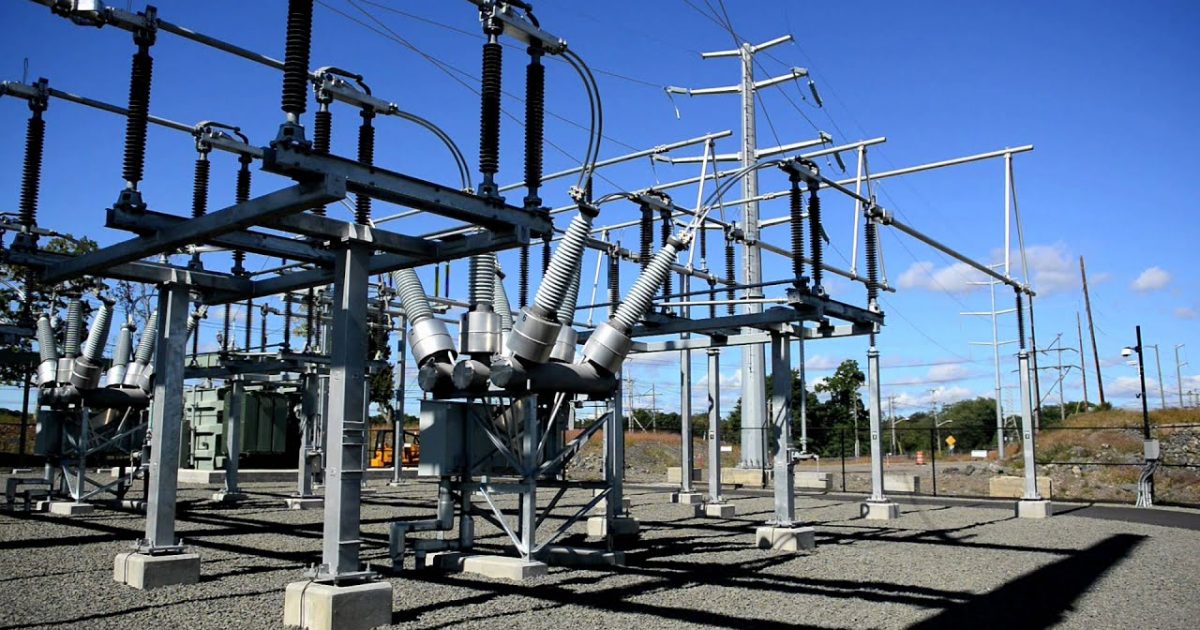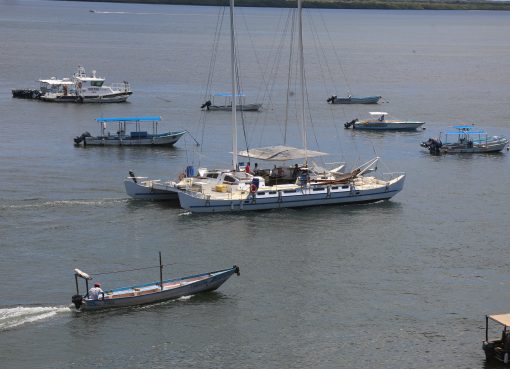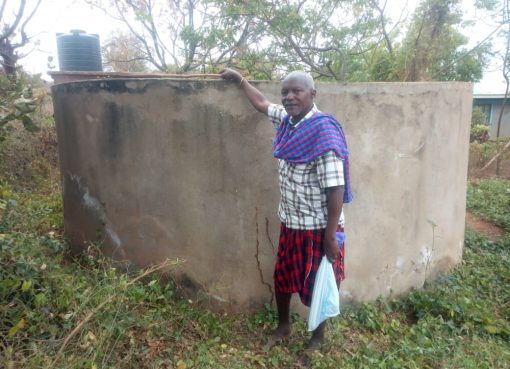The power outages being experienced in the Eastern Africa-Southern Africa-Indian Ocean zone have continued to affect productivity leading to Africa losing 12.5 percent of production time compared to 7 percent for South Asia.
The major reason for this has been attributed to lack of adequate regional infrastructure in energy.
Recent studies have shown that many African countries, some of which are in the Eastern and Southern Africa and the Indian Ocean (ESA-IO) countries suffer power shortages and regular interruptions to services.
Common Market for Eastern and Southern Africa (COMESA) Assistant Secretary General in charge of Programmes Amb. Kipyego Cheluget says bridging the energy gap is one of the main priorities of the region’s infrastructure development as it would reduce the cost of doing business and enhance competitiveness.
In a press release by COMESA, Amb. Cheluget who was speaking during the 6th Technical Steering Committee (PTSC) of the project on Enhancement of Sustainable Regional Energy Market for Eastern Africa, Southern Africa and the Indian Ocean (ESREM-EA-SA-IO) meeting yesterday said that COMESA region was richly endowed with power generating natural resources but only a few were harnessed.
The situation, he added, is exacerbated by inadequate regional infrastructure in energy leading to low levels of competitiveness of the countries in the local, regional and global markets and power shortfalls.
“As economies grow, so does the demand for energy as chronic shortages hold back potential for economic growth. “This, underscores the need for a new approach as we seek to craft strategies to increase the implementation of power projects in both generation and transmission,” he said.
Amb. Cheluget stressed the need for more generation capacity and optimization of the general system losses of electricity which is currently higher than average of 12 per cent.
Participants to the meeting represented Regional Economic Communities (RECs), Association of Energy Regulators, Power Pools, Regional Centres for Renewable Energy and Energy Efficiency, the European Delegation to Zambia and COMESA.
One of the proposals made to the meeting was the need for countries to secure their energy sources by tapping into indigenous resources so that the region is not dependent upon imports of fuel to light our cities and power our growth.
Currently, there are several oil and gas exploration activities in some of the regional States, which governments and private sector could invest in infrastructure such as transmission interconnectors and pipelines.
The ESREM project is supported by the European Union.
By Wangari Ndirangu





